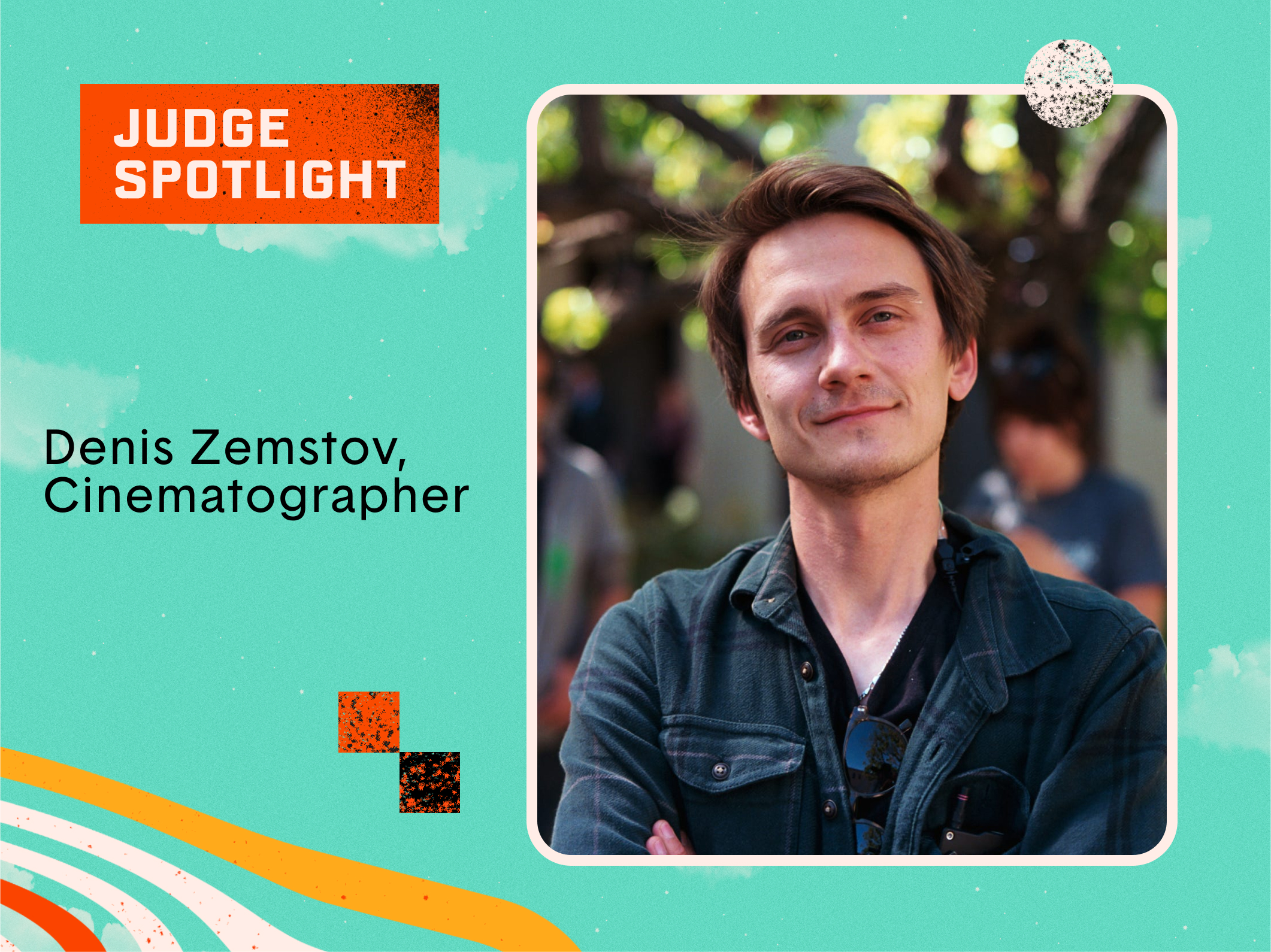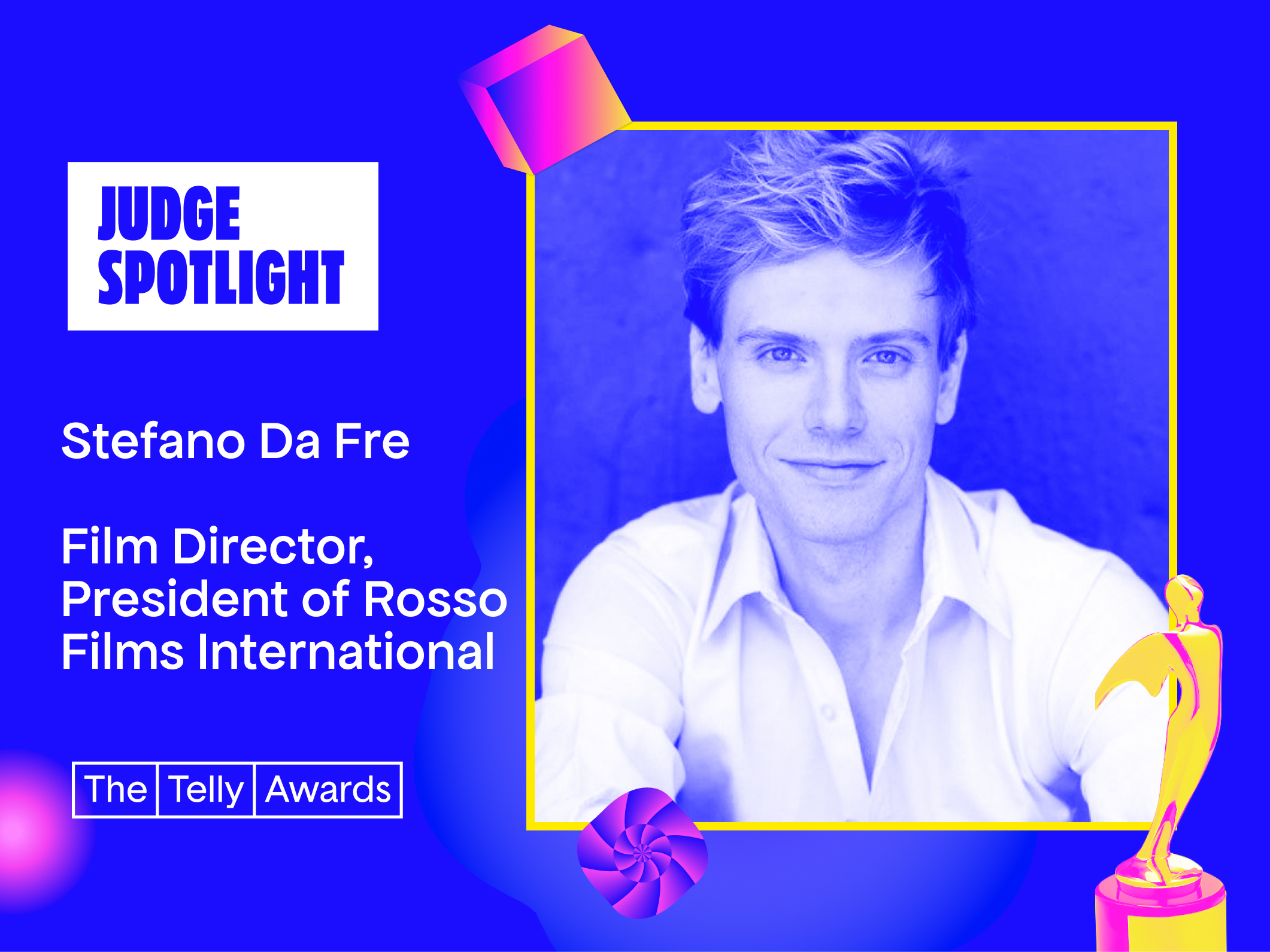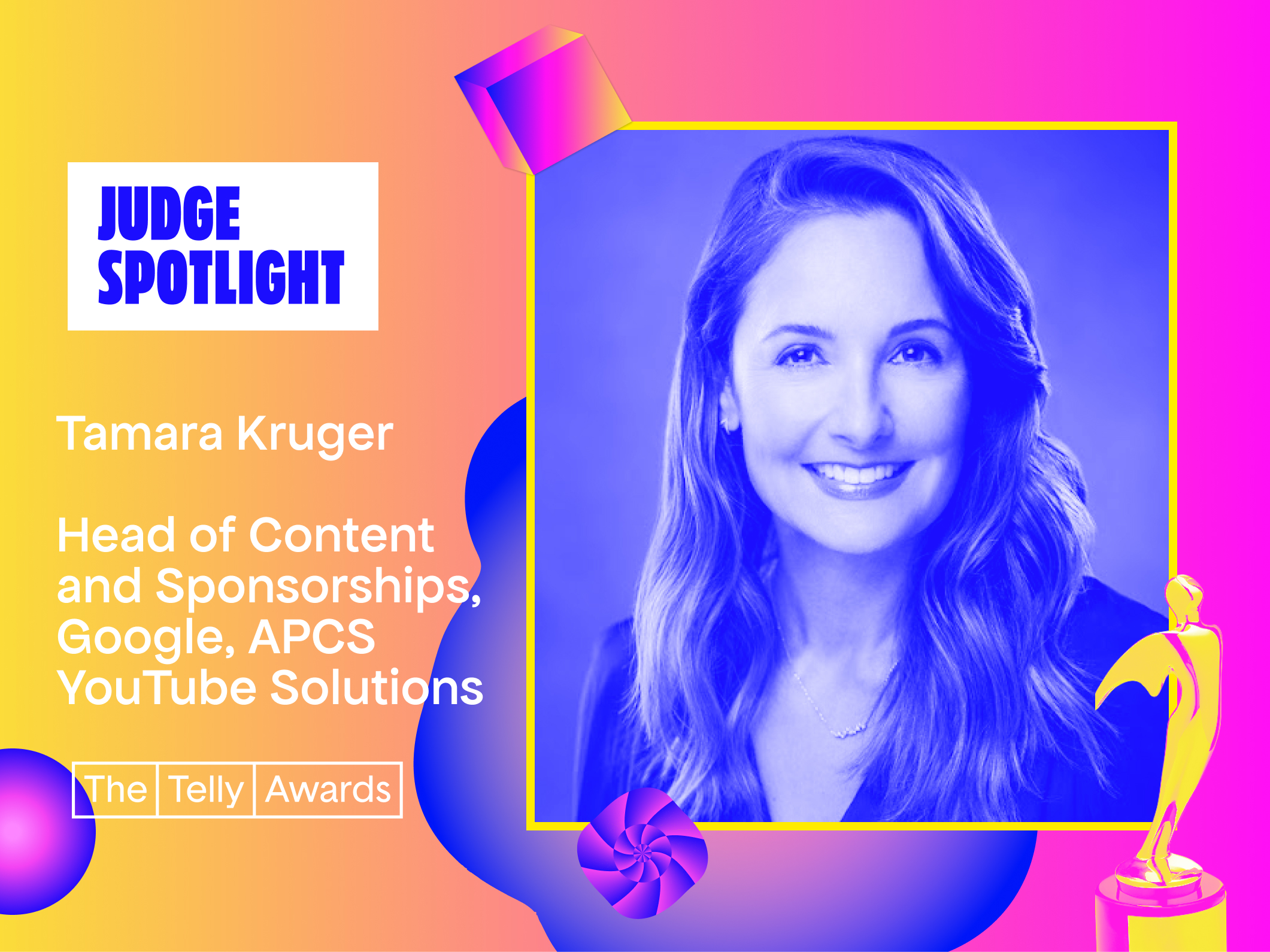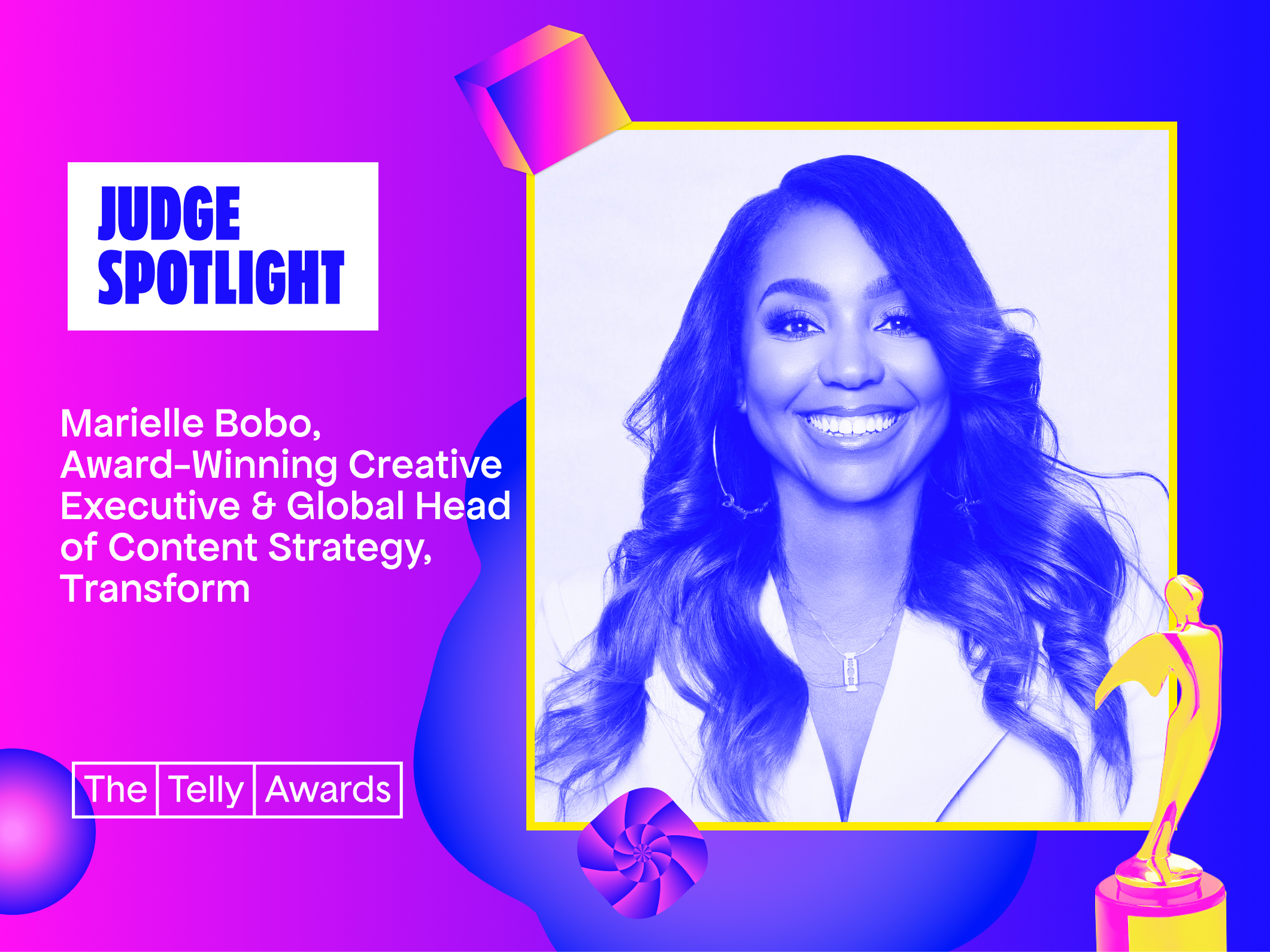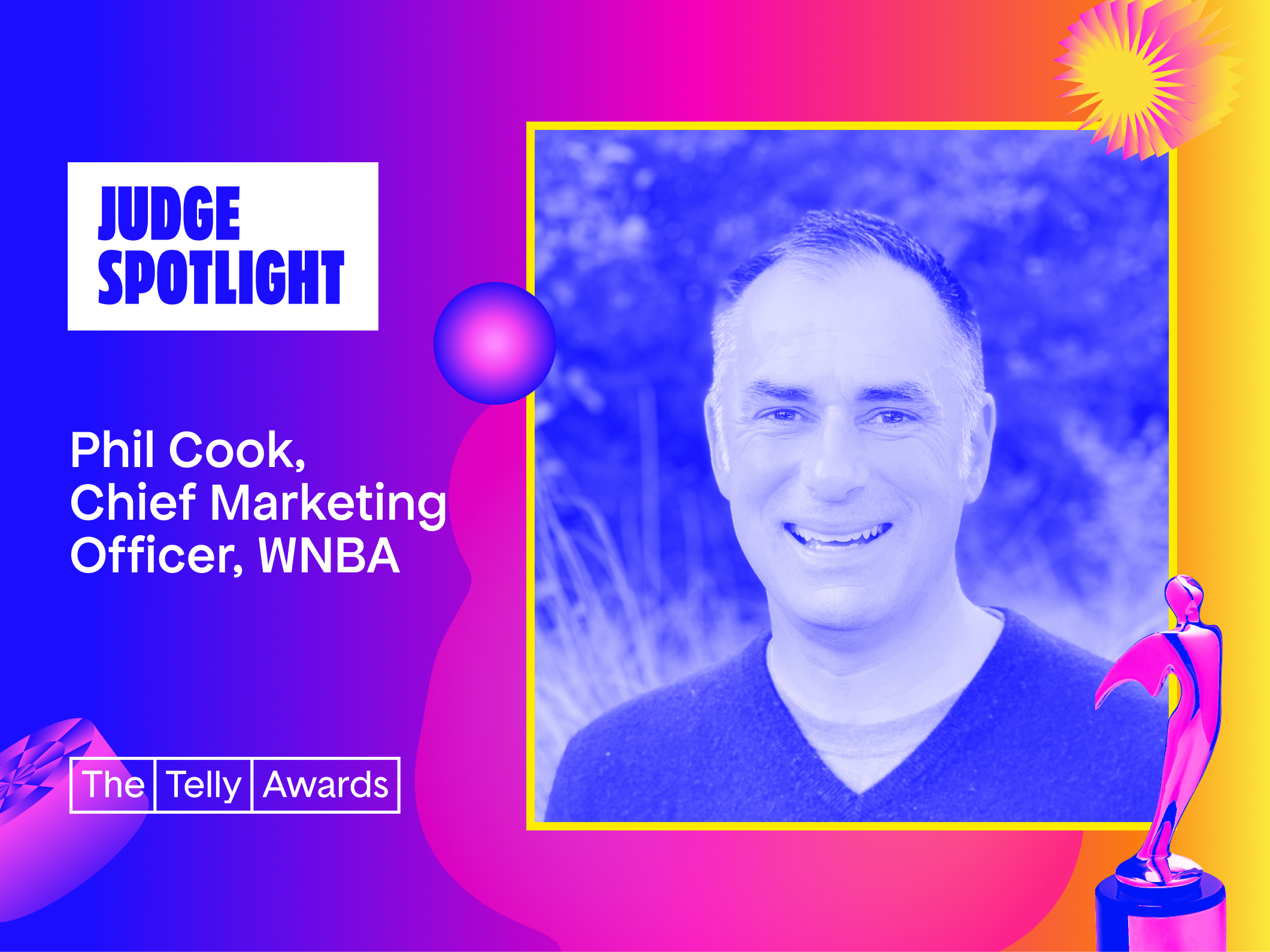Denis Zemtsov is a cinematographer and a professional behind the camera in motion pictures. He is a member of International Cinematographers Guild, Local 600. His portfolio includes commercials, as well as drama and thriller feature films and shorts. Over the past eight years, he has worked behind the camera with prominent filmmakers and companies such as Intuit, Apple, Nike, UFC and many more.
How many years have you been a judge?
This is my first year!
What was your first job in the industry? What did it teach you?
I started without a film degree, just figuring things out as I went. One of my first real industry jobs was in the camera department. I was a Camera Production assistant. I was helping a camera department with any needs. And it’s a great opportunity to learn skills from your colleagues. I was lucky enough to work on big Hollywood movie sets from the very beginning, after meeting my first mentor. I was able to learn from the best crews in the industry. It was a priceless experience. I shaped and learned a lot of practical skills. And a film set discipline. I learned to observe, absorb, and be useful. No ego, just effort. That mindset has stayed with me ever since.
What project are you most proud to have worked on?
Every project brings something different, and its own unique experience. And I’m proud to be a part of each one. I have many hobbies, and I really like when projects I work on connect me to my hobbies. I love music and I was making music for a long time. And it happened to me working on a movie called “Taurus” starring Colson Baker (Machine Gun Kelly). It’s about life of a major music artist and difficulties of celebrity’s life, being stuck and suffering from public attention. It was shot in a very natural way, almost like being there. Every day I was in the middle of music creation marathon. And I ended up filming additional photography of a live performance on a real Lollapalooza music festival in Chicago. Literally living through a day of a rockstar’s life. It all felt like a dream, because so much was happening all at once. And then seeing these shots in the final version of a movie was a big proud moment. The movie was presented at the Berlin Film Festival and had a theatrical release.
What’s the most challenging part about your job and/or the industry?
The unpredictability — You never know when the next job is coming or what it will be. You have to be okay with uncertainty. The long hours. The average day is 10 hours long, but sometimes we easily go for 12-14 hours of work. Staying on top of your skills. Gear, techniques, and expectations are always evolving. You either adapt, or you fall behind.
What do you look for to determine excellence in video and television?
For me, attention to detail is everything. The plot and story come first, and everything behind it should make sense and be executed with excellence. Excellence is when every element in a film or video works together seamlessly to deliver the intended message to the audience.
How do you unwind from work mode?
It’s a constant battle. Film work is intense, and I’ve had times where it felt like life outside of work barely existed. Long hours on set, it can be easily over 50 hours per week. And the days are not easy. It’s a mental and physical job. And it’s required to be present and put a lot of mental focus in the job. And it’s very hard to switch it to unwind sometimes. But I’ve gotten better at setting boundaries. In the end of the days, it’s a job as any other. Making time for my family, my hobbies, for things outside of film. Simply go out and walk. Personal life and habits should give a motivation and recharge it. To fully unwind, I like getaways from the city with my family. Somewhere in the woods in the cozy cabin, preferably without service. Just to be present and enjoy the nature.
Do you have any specific practices you lean on to fuel your creativity?
Observing real life. The way light hits a room, how people move and interact. Simply observe the situations happening around me. These things translate into storytelling. Listening to music. Sometimes a single track can spark a whole visual idea for me. Breaking routines — even small change, like taking a different route home, or waking up earlier, can shift your perspective.
When did you know that this career is what you wanted to do?
It was a process. I think I understood it, only after I started working in the industry. Everyone needs practical experience to realize if they truly like something or not. My bachelor degree was Computer Science and Software engineering. And I liked it, but the actual process of work, was not exciting for me. I wanted to be in motion. Work in different places and meet new people. And I’ve always been drawn to visual storytelling. Like when I was growing up, I was filming skateboarding and music videos for my music band. And I liked it a lot. And once I started trying and working in the industry, I knew there was no turning back. I was excited about the process of work. Every film set, every project just proved that this is where I belong.
In your experience, what is a significant change happening in the video and television industry, and what insight can you share about how to navigate it?
Tech is evolving fast. Especially AI, virtual production, and new camera tech. AI-assisted editing, real-time rendering, and LED volume stages are changing the way productions happen. The key to navigating it? Stay adaptable. The fundamentals of great storytelling won’t change, and true creatives will always stay on top of the game. But the tools we use will be constantly changing. Personal and a professional growth is what always pushing us forward and will always be.
What’s a work tool you use every day and what’s one that is obsolete that you wish still existed?
The work tool I use every day is my mouse, and I’m sad it’s been discontinued. It’s hard to find a perfect replacement for something that just felt right.

